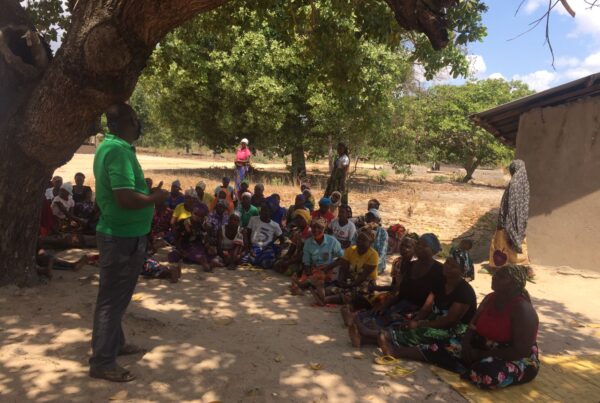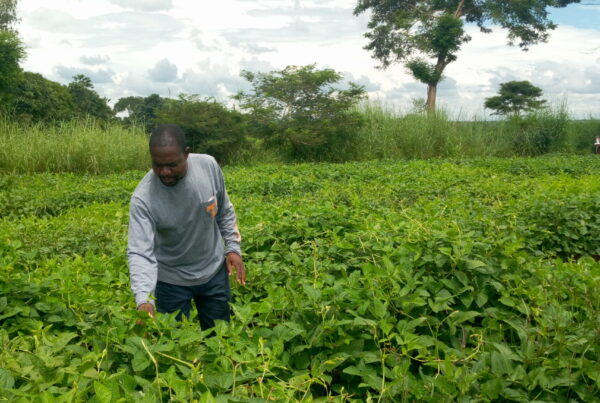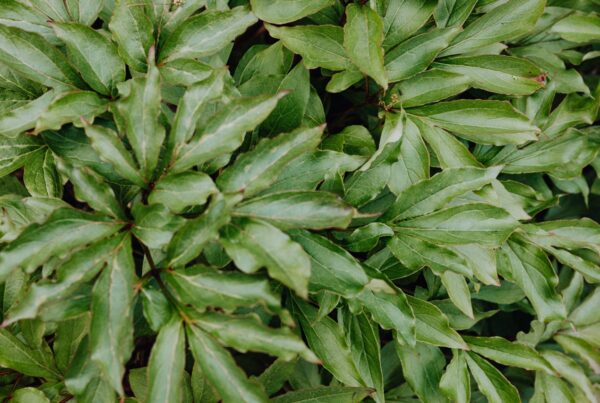Partner
Université d'agriculture et de ressources naturelles de Lilongwe (LUANAR)
Université d'agriculture et de ressources naturelles de Lilongwe (LUANAR)
niébé
Malawi
Mozambique et Tanzanie

Université d'agriculture et de ressources naturelles de Lilongwe (LUANAR)
Instituto de Investigação Agrária de Moçambique (IIAM)
Institut de recherche agricole de Tanzanie (TARI -ILONGA) et Université d'agriculture de Sokoine (SUA)
niébé, une légumineuse qui pousse dans les sols sablonneux, offre d'énormes avantages nutritionnels, socio-économiques et de santé des sols dans les régions arides d'Afrique de l'Est. Cependant, la productivité de cette culture se heurte à la sécheresse, à la chaleur, à la faible fertilité des sols et aux parasites, ce qui exerce une pression sur sécurité alimentaire dans la région.
With a goal to develop more nutritious, resilient lines of cowpea, the Lilongwe University of Agriculture and Natural Resources (LUANAR), the Instituto de Investigação Agrária de Moçambique (IIAM) and the Tanzania Agriculture Research Institute (TARI-ILONGA) join to form the Center of Innovation for Crop Improvement for East and Southern Africa (CICI-ESA). By characterizing phenotypic and genomic diversity and conducting genome-wide association studies of cowpea germplasm, the Center of Innovation identifies traits that are farmer and consumer preferred and market demand driven.
The Center of Innovation prioritizes the inclusion of farmers in Malawi, Mozambique and Tanzania in the process of designing and developing more productive and nutritious varieties while conducting a comprehensive analysis to understand specific gender and youth dynamics in the cowpea value chain. The release and use of stable high yielding, nutritionally rich, drought tolerant, disease resistant and early maturing varieties will increase productivity of the crop, and in doing so improve food security, reduce nutrition deficiencies and alleviate poverty, particularly amongst smallholder farmers, women and children.


